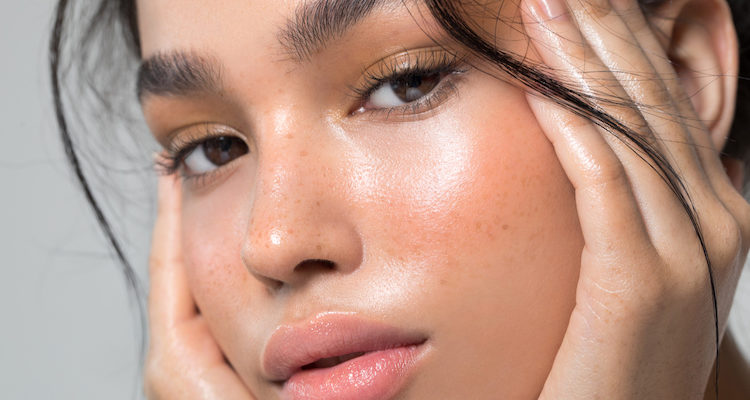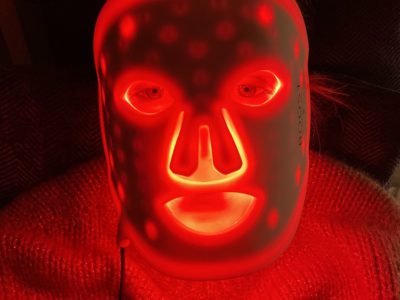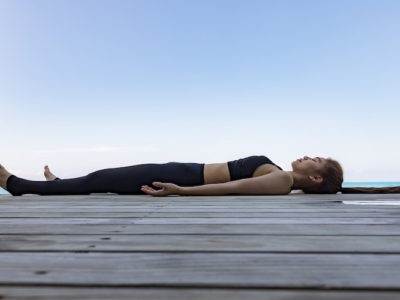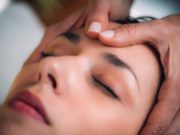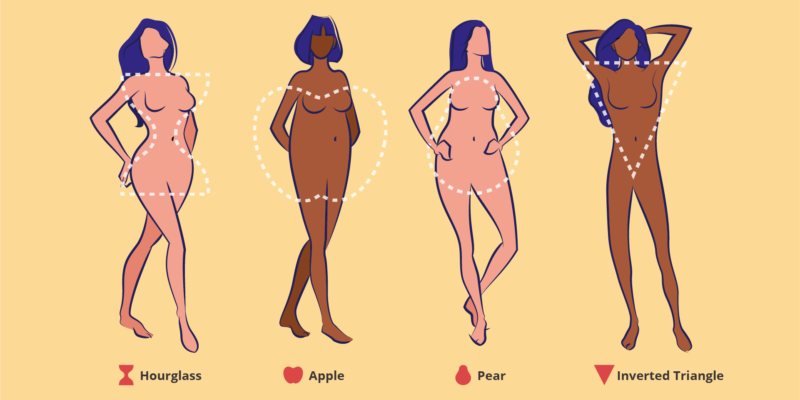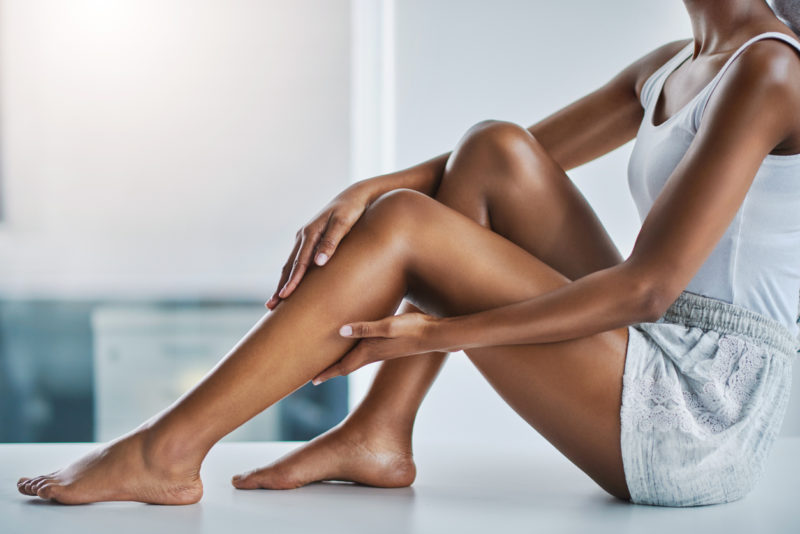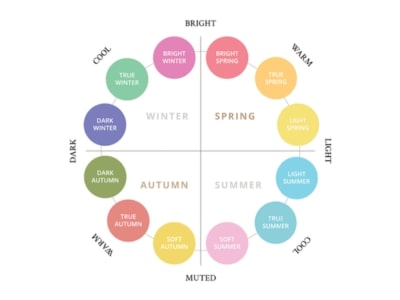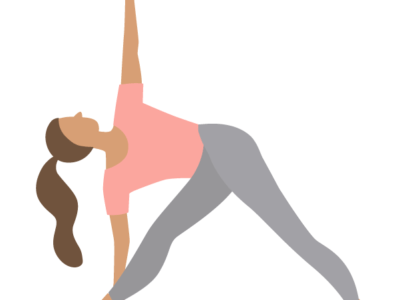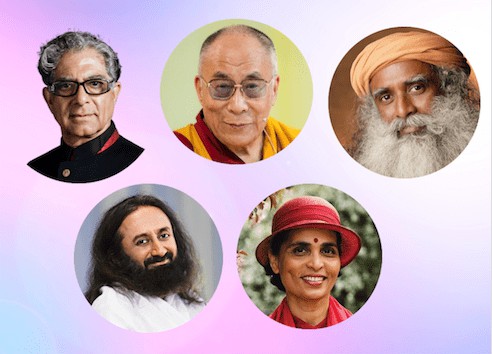Collagen sparked a wellness movement in India about 3 – 4 years ago when a number of new brands with collagen as their prime component started to appear in pharmacies, beauty salons and even some of the modern grocery shops. Collagen is a popular ingredient and has an imagery of a smooth skin and radiant youth. But what is and why it is so popular?!
Let’s dive straight into the basics of Collagen!

What is collagen?
Collagen is the most abundant protein in the human body. Collagen occurs throughout the body but is found in the bones, muscles, connective tissues and skin.
Collagen is protein molecules made up of amino acids. Due to its rigidity and resistance to stretching, it is the perfect matrix for skin, tendons, bones, and ligaments. Think of it as a glue – connecting all things (In fact, the word ‘Collagen’ comes from the Greek word “kólla,” meaning – glue and gen – “create”.)
There are 28 various types of collagens that have been discovered, but by far, the most common are types I through IV, with type I comprising over 90% of the collagen in the human body. Each type based on its individual amino acid composition.
A sufficient level of collagen prevents age-related diseases such as arthritis and osteoporosis.
Types of collagen
Type I: This type accounts for 90% of your body’s collagen. Provides a proper structure to skin, connective tissue, bones, cartilage, and teeth.
Type II: This type is found in elastic cartilage, cushioning your joints.
Type III: Found mainly in reticular fibers in connective tissues to support the
organs. It forms a major structural component in large blood vessels, uterus, and bowel.
Type IV: This type helps with filtration and support. Found commonly in the
layers of skin.
Type V- A fibrillar type of collagen that is commonly found in hair, nails, within
the dermal/epidermal junction, and placental tissues. It forms an essential part
of neonatal development.
The collagen nemesis: enemies of collagen & how to combat them
- Sweet Tooth Much? Extra sugar, poor dietary choices like refined carbs can interfere with the collagen’s ability to repair itself.
- Too much sun: UV rays can inhibit the body’s natural tendency to produce collagen.
- Up all in smokes: Smoking affects collagen synthesis.
- Autoimmune disorders can also damage collagen.
As you age, your body produces a lesser and lower quality of collagen. This is why the cartilage weakens with age, and the skin becomes less firm & supple.
How to make up for a collagen deficiency
Gradually as one keeps on losing out the collagen, there are several ways to replenish the lost protein:
Cosmetics
It would seem that cosmetics with collagen are a boon for ageing skin, but it is a bit tricky to create anti-ageing cosmetics as the collagen molecules are too large and cannot penetrate the skin.
One of the ways to boost collagen production by using cosmetics would be to use retinol which upregulates the genes responsible for collagen production and, using vitamin C that protects the collagen against UV damage.
Collagen-spiked cosmetics like creams, serums, and masks create a moisture-retaining film on the skin’s surface. Collagen’s excellent water-binding ability helps to retain water content in the skin, making it moisturized and soft.
Dr. Harshna Bijlani, Celebrity Skin Expert & Medical Head of TheAgeLess Clinic says, “In skincare, collagen holds your skin together and prevents it from sagging. Due to micro-aging, you lose 1% of collagen production every year from your 20’s. However, collagen-boosting injectables and technology-based treatments can help boost the natural collagen production process.”

Nutrition
Four foods that contains collagen:
- Bone Broth.
- Certain Organ Meats such as Tripe.
- Meat on the Bone including Cartilage, Skin, Bone, Joint Material.
- Eggs, more specifically, eggshell membrane.
Malika Singh, an Integrative Nutrition Health Coach, Holistic Wellness Expert, and a Certified Yoga Instructor says, “my go-to tip to boost my collagen levels has been the bone broth and collagen powders. I stir in a spoon of collagen powder in my morning coffee. It goes down smooth and feels good too!”
Foods that help your body produce collagen
Collagen formation also requires Vitamin C, Zinc, and Copper – so make sure that you can get these stimulating nutrients by consuming various citrus fruits like kiwi, oranges, berries, and vegetables like leafy greens, bell peppers, beans, and broccoli.

Additives / Supplements
In recent years, as the importance of collagen is widely understood to preserve ageing joints, repairing withered skin; companies have come up with edible ways like fruity chews, flavored creamers, sachets, easy-to-swallow capsules, powders and liquid collagen.
Scientists have found that bioactive collagen peptides play an important role in the field of anti-aging. These results were later confirmed by another study; making collagen supplements a reasonable expectation.
Collagen for vegans
Since collagen is chiefly derived from animals, what should vegans do?
The best way to maintain the collagen balance is to recollect the reasons that aggravate its production and aim for prevention.
Adhere to a healthy lifestyle, increase physical activity, avoid smoking and excessive sun exposure. Boost collagen production with an intake of Vit. C via diet.
Have you had any experience taking collagen supplements? We would love to hear about it! Let us know in the comment section.
Read next:
A Yogini’s Morning Routine #Inspiration
Chasing Happiness Interview with Srishty Rode
And if you liked this article, sign up for a monthly newsletter. A handpicked selection of lifestyle articles delivered to your inbox.

